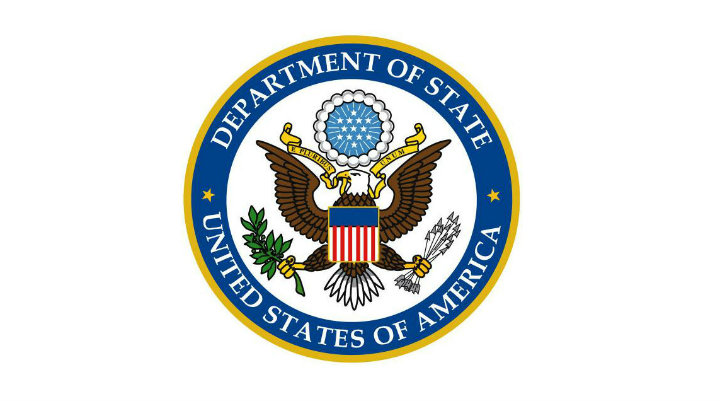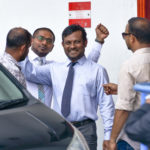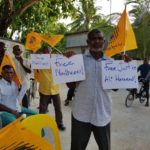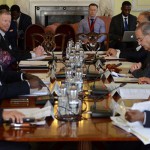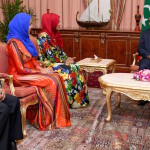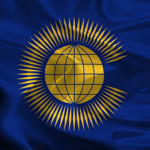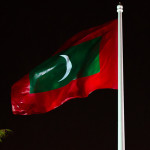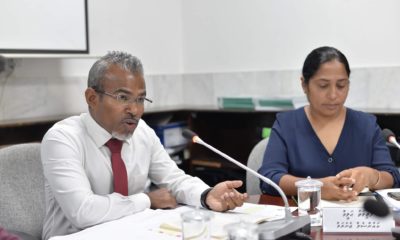A reversal of democratic gains, restriction of rights and impunity for abuses by the security forces are the chief human rights concerns identified by the US State Department’s 2017 report on the Maldives.
“The most significant human rights issues included the deterioration of democratic governance, as the executive branch increased its interference in legislative and judicial affairs; a politicized and inefficient judiciary; and political prisoners,” reads the report released last week.
“The government severely restricted freedom of expression, including freedom of the press, by using an anti-defamation law to silence dissenting voices and targeted harassment and arbitrary detention of journalists. The government restricted the freedoms of assembly and association, and freedom of religion.”
The report echoed warnings from international rights groups that the Maldives has been undergoing an “authoritarian reversal” since President Abdulla Yameen took office. All opposition leaders are in prison or exile as he seeks re-election this year.
The government’s assertion that there are no political prisoners was at odds with criticism from international and domestic NGOs, the report observed, highlighting the jailing of former president Mohamed Nasheed and others after widely criticised trials.
The report flagged the failure to prosecute and punish police officers and soldiers who committed abuses, adding that “impunity for such abuses remained prevalent.”
Not a single police officer has been convicted to date over a brutal crackdown in February 2012 that hospitalised more than 70 protesters.
Other issues included discrimination against migrant workers, unexplained custodial deaths, and the murder of liberal blogger Yameen Rasheed.
“After Rasheed’s killing, several journalists and social media activists fled the country and took up self-exile in Sri Lanka and the United Kingdom due to threats of arrest by the government or fear of vigilante justice by religious extremists.”
Citing NGOs, the report noted that several gay and lesbian Maldivians have also sought refuge in Sri Lanka “after societal shaming related to their sexual orientation.”
A foreign worker population of about 150,000 as of August – including an estimated 15,000-20,000 undocumented workers, predominantly from Bangladesh and other South Asian countries – is meanwhile vulnerable to forced labour practices such as “debt bondage, holding of passports by employers, fraudulent offers of employment, not being paid the promised salary, or not being paid at all.”
However, “police confirmed they did not investigate any labour recruiters or agencies allegedly engaged in fraudulent practices during the year.”
The government also failed to effectively enforce anti-corruption laws, “and officials frequently engaged in corrupt practices with impunity.”

